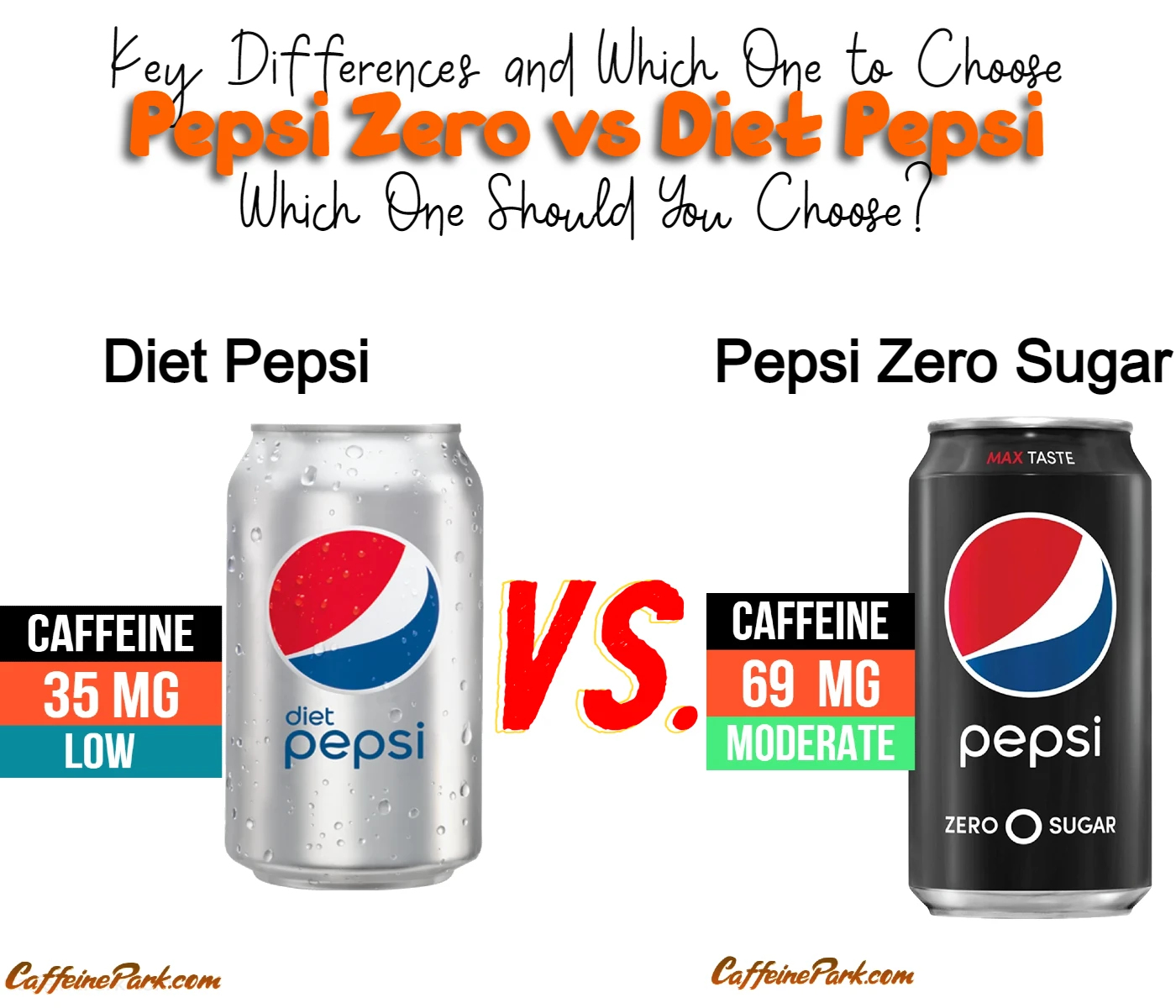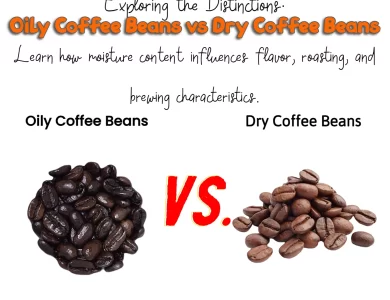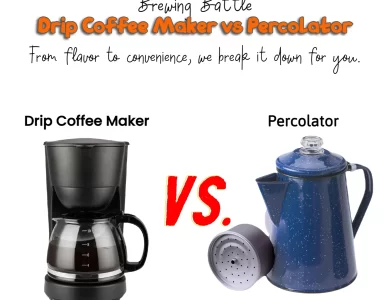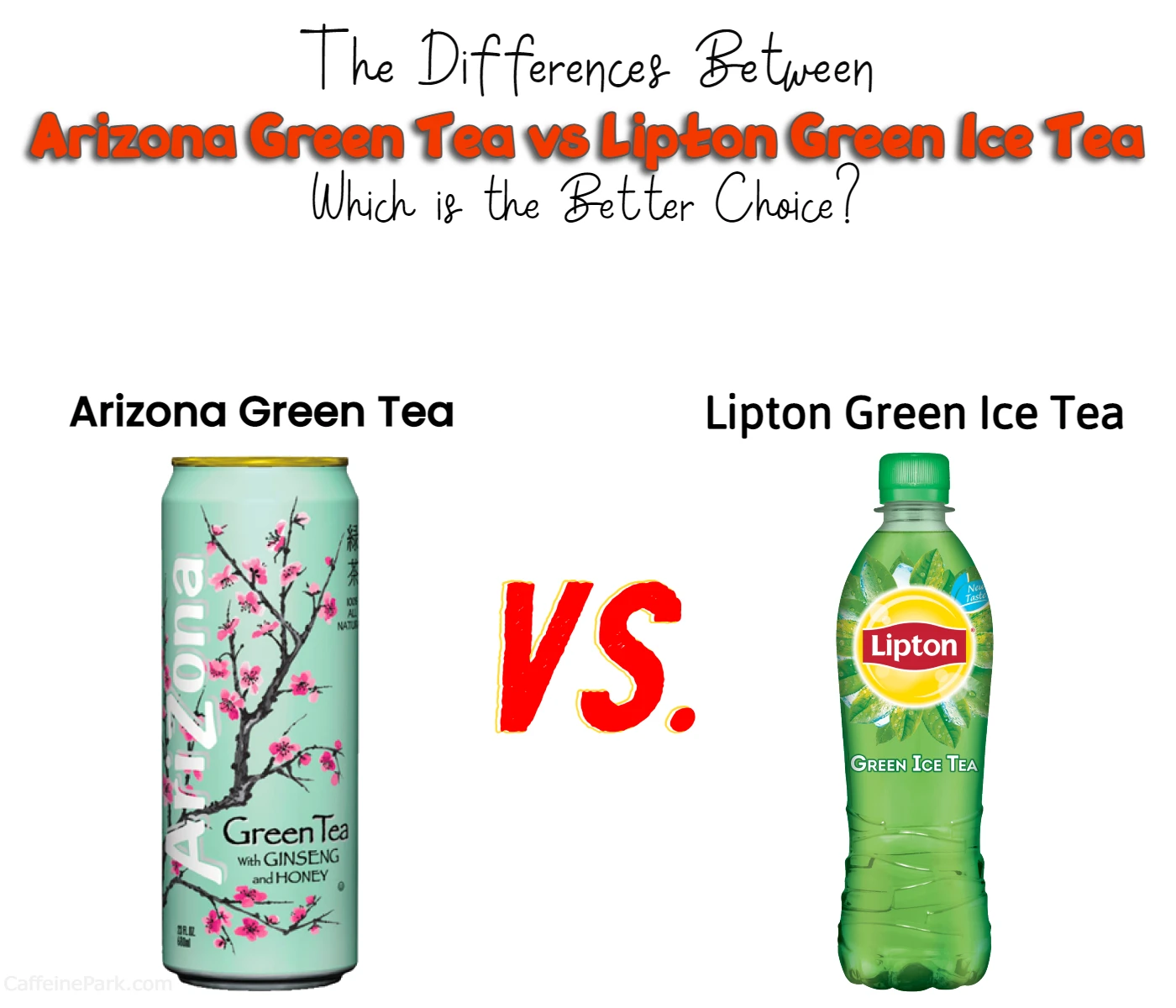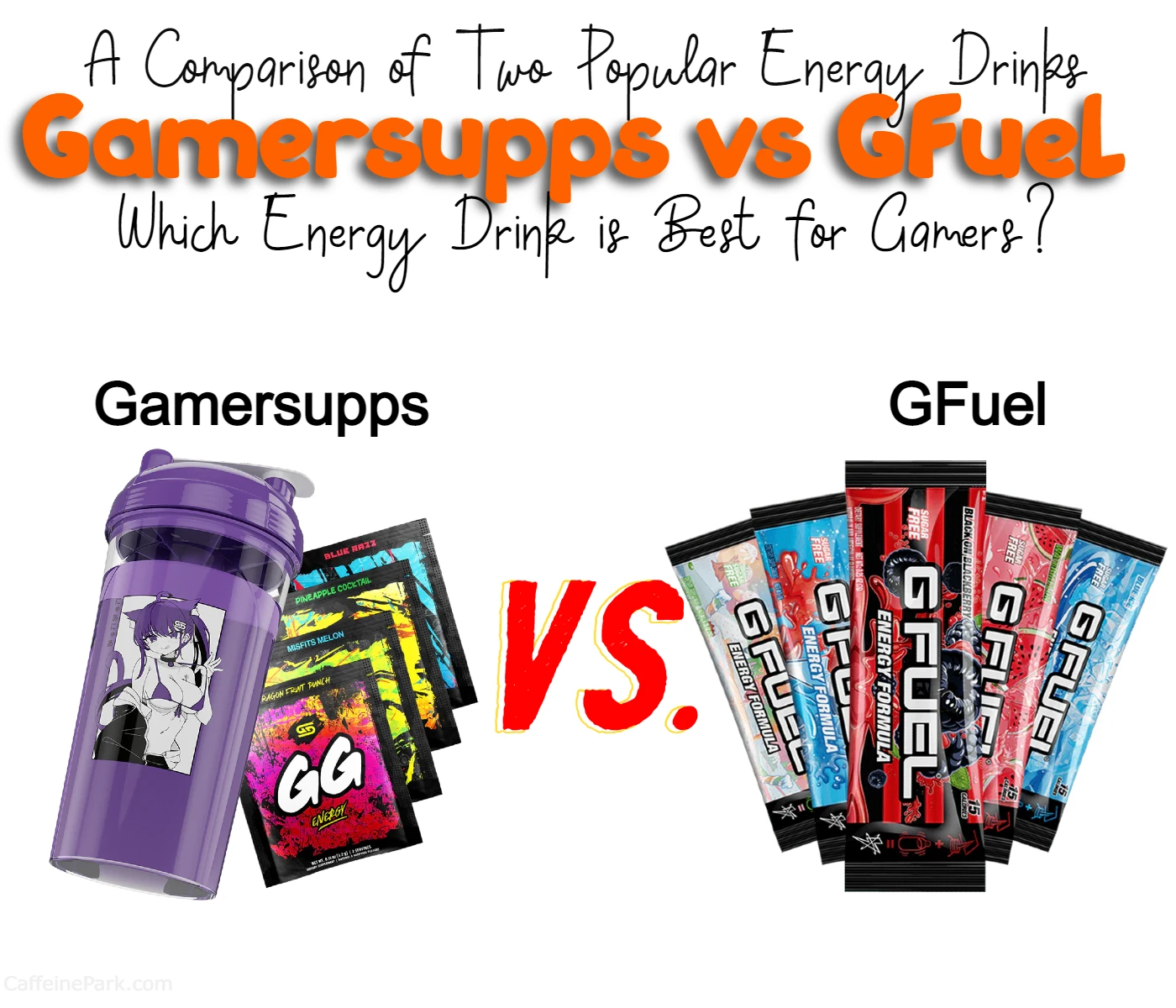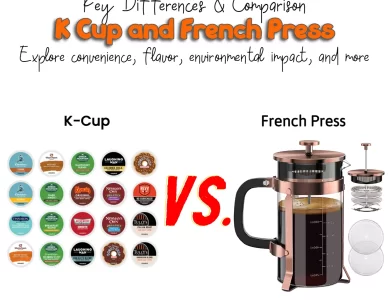Diet Mountain Dew vs Mountain Dew Zero
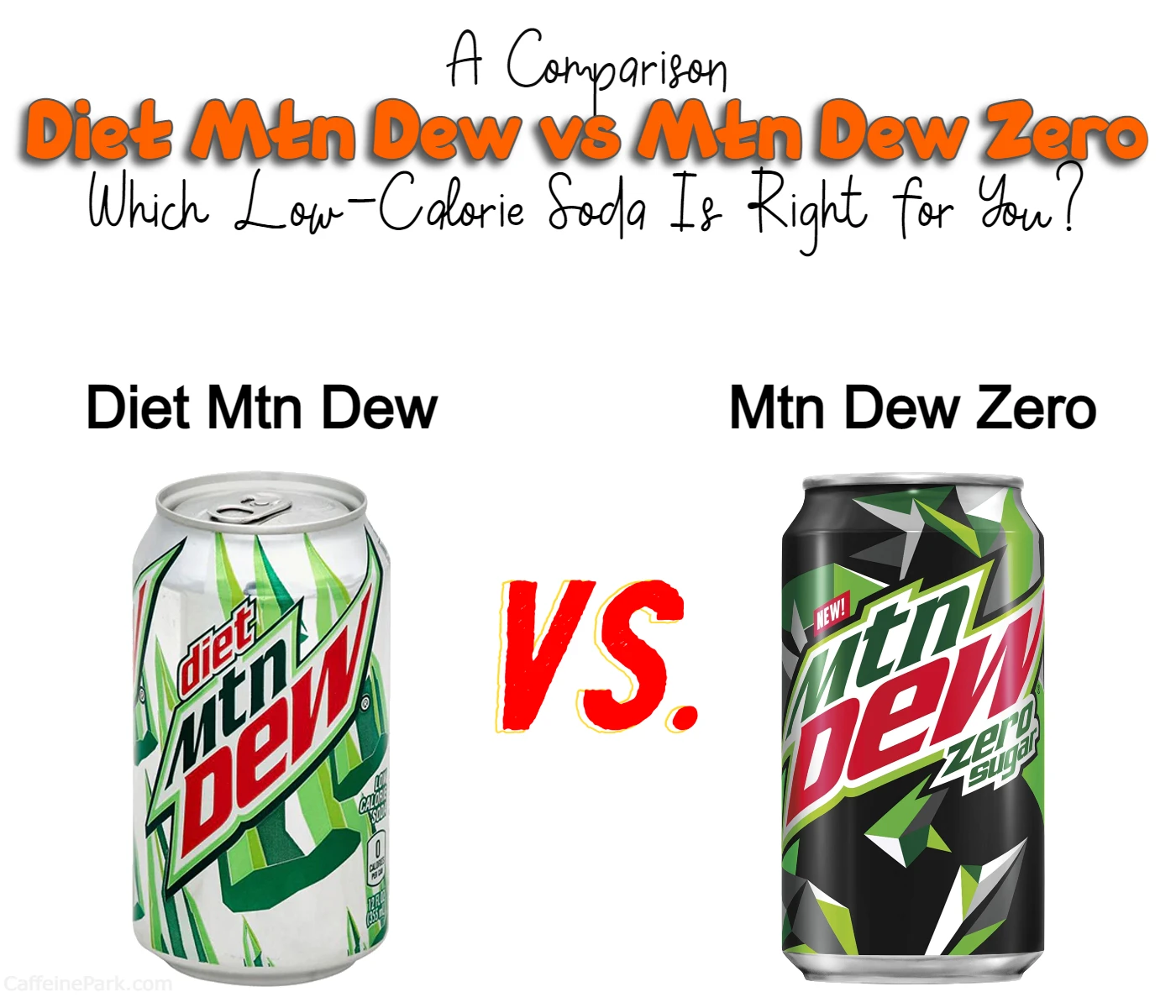
Hey there, Mountain Dew fans! Are you trying to cut back on your sugar and calorie intake but still want to enjoy the delicious taste of Mountain Dew? Well, you’re in luck because there are now two lower calorie options available: Diet Mountain Dew and Mountain Dew Zero.
But with two options to choose from, how do you know which one is right for you? In this blog, we’ll take a closer look at the differences between Diet Mountain Dew and Mountain Dew Zero Sugar. From calorie and sugar content to taste and ingredients, we’ll break down everything you need to know to make an informed decision.
So, whether you’re a die-hard Mountain Dew fan or just looking for a healthier soda alternative, this blog is for you. Be sure to read to the end to get all the details and find out which drink might be the best fit for your taste buds and lifestyle. Let’s get started!
Here’s a quick chart to compare the key differences between Diet Mountain Dew and Mountain Dew Zero:
| Factor | Diet Mountain Dew | Mountain Dew Zero |
|---|---|---|
| Calories per 20 oz | 10 | 0 |
| Sweeteners | Aspartame, acesulfame potassium | Aspartame, acesulfame potassium, sucralose |
| Caffeine per 12 oz | 54 mg | 68 mg |
| Flavor | Slightly citrusy | Bolder, more intense |
| Availability | Widely available | Limited availability |
| Packaging options | Bottles, cans, fountain | Cans, bottles, limited fountain |
| Health benefits | Lower calorie option reduced sugar intake | Lower calorie option reduced sugar intake |
Remember, when it comes to choosing between Diet Mountain Dew and Mountain Dew Zero, it ultimately comes down to personal taste and preference. Consider the nutritional information, sweeteners used, caffeine content, and flavor profile to determine which one might be the best fit for you.
Differences between Mountain Dew Zero and Diet Mtn Dew
Calorie and Sugar Content
When it comes to calorie and sugar content, Mountain Dew Zero and Diet Mountain Dew are pretty similar. Mountain Dew Zero has zero calories and zero sugar, while Diet Mountain Dew has zero calories and less than 1 gram of sugar per serving. Both drinks use artificial sweeteners to provide their sweet taste. So, if you’re watching your calorie or sugar intake, either of these options could be a good choice.
Taste
One of the biggest differences between Mountain Dew Zero and Diet Mountain Dew is their taste. Mountain Dew Zero is designed to taste as close to the original Mountain Dew as possible, while Diet Mountain Dew has a slightly different taste. Some people find that Diet Mountain Dew has a more artificial taste, while others can’t tell the difference between it and the original Mountain Dew.
Ingredients
Mountain Dew Zero and Diet Mountain Dew have slightly different ingredient lists. While both drinks contain caffeine, citric acid, and a natural flavor, Mountain Dew Zero also includes acesulfame potassium and potassium citrate. Diet Mountain Dew, on the other hand, contains aspartame and acesulfame potassium. If you have any sensitivities or allergies to these ingredients, be sure to check the label before trying either drink.
Availability
Another factor to consider when choosing between Mountain Dew Zero and Diet Mountain Dew is their availability. While both drinks are widely available in many parts of the world, some stores or restaurants may only carry one or the other. If you have a preference, be sure to check the availability in your area before heading out to buy it.
Price
The price may also be a consideration when choosing between Mountain Dew Zero and Diet Mountain Dew. While prices can vary depending on where you buy them, in general, Diet Mountain Dew tends to be slightly less expensive than Mountain Dew Zero. However, the price difference is usually minimal.
So, which one should you choose? Ultimately, it comes down to personal preference. If you’re looking for a drink that tastes as close to the original Mountain Dew as possible, Mountain Dew Zero may be the better choice for you. However, if you’re already a fan of the taste of Diet Mountain Dew, you may prefer sticking with that. Either way, both drinks offer a lower-calorie alternative to the original Mountain Dew, so you can enjoy the taste without the guilt!
Caffeine Content
Another important factor to consider when choosing between Mountain Dew Zero and Diet Mountain Dew is their caffeine content. Both drinks contain caffeine, but the amount varies slightly. According to the PepsiCo website, a 20-ounce bottle of Mountain Dew Zero contains 133 milligrams of caffeine, while a 20-ounce bottle of Diet Mountain Dew contains 91 milligrams of caffeine.
Caffeine is a natural stimulant that can help you feel more alert and focused. However, it can also cause jitteriness, headaches, and other negative side effects in some people. If you’re sensitive to caffeine, you may want to opt for Diet Mountain Dew, which has a slightly lower caffeine content.
Packaging
Mountain Dew Zero and Diet Mountain Dew are both available in a variety of packaging options, including cans, bottles, and fountain drinks. However, the specific packaging options may vary depending on where you live and where you’re purchasing the drinks. If you have a preference for a particular type of packaging, be sure to check with your local stores or restaurants to see what’s available.
Health Benefits
While Mountain Dew Zero and Diet Mountain Dew are both lower calorie options than the original Mountain Dew, they aren’t necessarily “healthy” drinks. Both drinks contain artificial sweeteners and other additives that some people may want to avoid. Additionally, they don’t provide any significant nutritional benefits.
However, if you’re looking to reduce your calorie intake or cut back on sugar, switching to a low-calorie soda like Mountain Dew Zero or Diet Mountain Dew can be a good choice. Just be sure to consume them in moderation as part of an overall healthy diet.
Other Varieties
In addition to Mountain Dew Zero and Diet Mountain Dew, there are other varieties of Mountain Dew available. For example, there’s also a regular, full-calorie version of Mountain Dew, as well as other flavors like Code Red, Voltage, and Live Wire. Each of these drinks has a slightly different taste and nutritional profile, so be sure to read the label before trying them out.
Final Thoughts
Overall, Mountain Dew Zero and Diet Mountain Dew are both good options if you’re looking for a lower-calorie alternative to the original Mountain Dew. While they have some differences in taste, ingredients, and caffeine content, both drinks offer a similar nutritional profile and can be a good choice if you’re watching your calorie or sugar intake. As with any beverage, be sure to consume them in moderation as part of an overall healthy diet.
Alternative to Diet Mtn Dew and Mtn Dew Zero
If you’re looking for a low-calorie and low-sugar alternative to Diet Mountain Dew and Mountain Dew Zero, there are plenty of options available. Here are a few to consider:
- Sparkling water: Sparkling water is a great zero-calorie, sugar-free option for those who want a refreshing drink without any artificial sweeteners or added sugars. There are plenty of flavored sparkling water options available on the market, including lime, lemon, and berry flavors.
- Green tea: Green tea is a low-calorie drink that is rich in antioxidants and has been shown to have numerous health benefits. It’s a great alternative to soda if you’re looking for something that has a bit of flavor and a caffeine boost.
- Coconut water: Coconut water is a low-calorie, natural source of electrolytes and is a great way to stay hydrated. It has a slightly sweet and nutty flavor, making it a great alternative to sugary drinks.
- Kombucha: Kombucha is a fermented tea drink that is low in calories and sugar. It’s also rich in probiotics, which are beneficial for gut health. Kombucha comes in a variety of flavors, including ginger, raspberry, and mango.
Remember, while low-calorie and low-sugar drinks can be a good alternative to soda, it’s important to consume them in moderation and as part of an overall healthy diet. Be sure to check the nutritional information and ingredients list before choosing a drink, and always drink plenty of water to stay hydrated.
FAQs
Both Diet Mountain Dew and Mountain Dew Zero are lower calorie options compared to regular Mountain Dew. However, they still contain artificial sweeteners and other additives, so they may not be considered “healthy” drinks. It’s important to consume them in moderation as part of an overall healthy diet.
A 20-ounce bottle of Diet Mountain Dew contains 10 calories, while a 20-ounce bottle of Mountain Dew Zero contains zero calories.
Mountain Dew Zero has slightly more caffeine than Diet Mountain Dew. A 20-ounce bottle of Mountain Dew Zero contains 133 milligrams of caffeine, while a 20-ounce bottle of Diet Mountain Dew contains 91 milligrams of caffeine.
While Diet Mountain Dew and Mountain Dew Zero are lower calorie options compared to regular Mountain Dew, they don’t provide any significant nutritional benefits. However, they can be a good choice if you’re looking to reduce your calorie or sugar intake. Just be sure to consume them in moderation as part of an overall healthy diet.
Read More:
